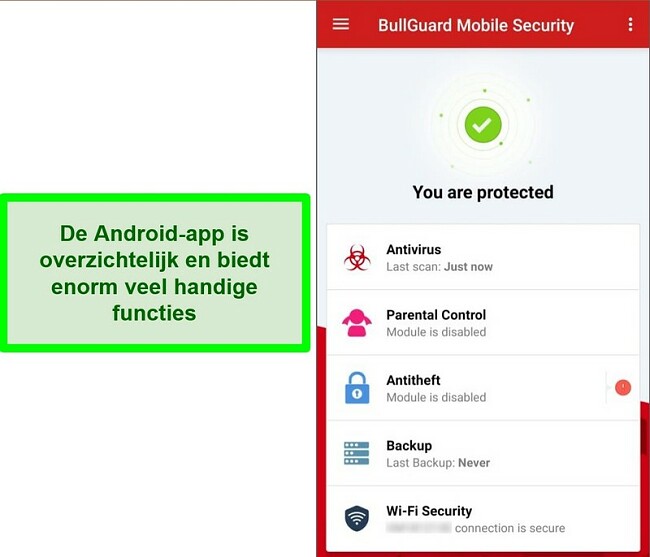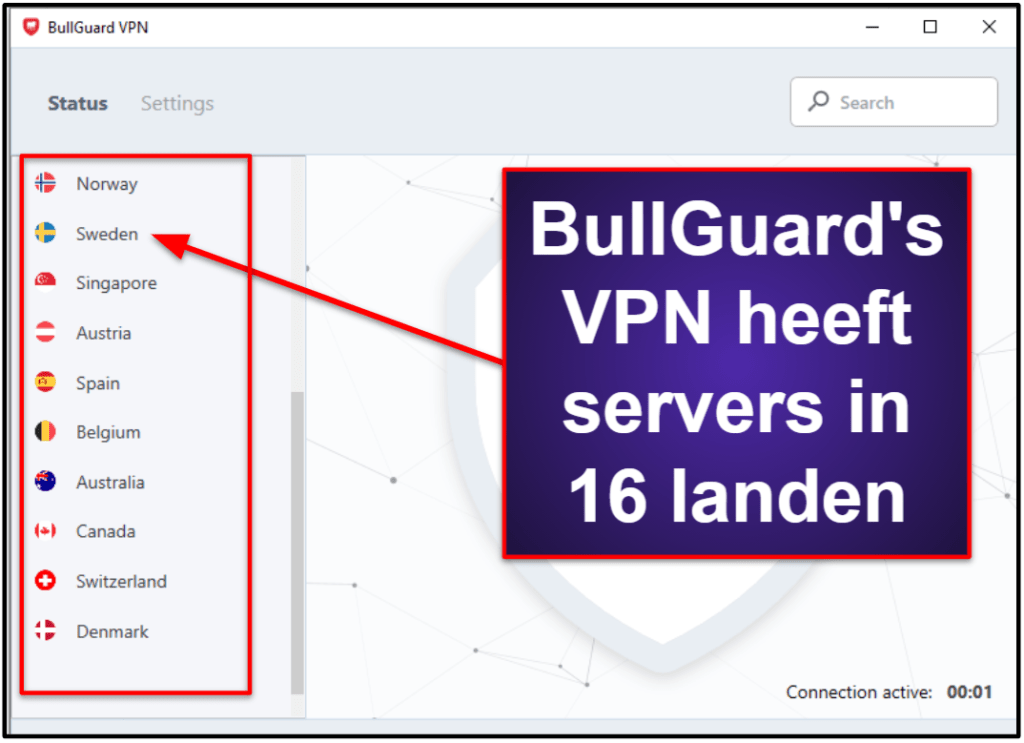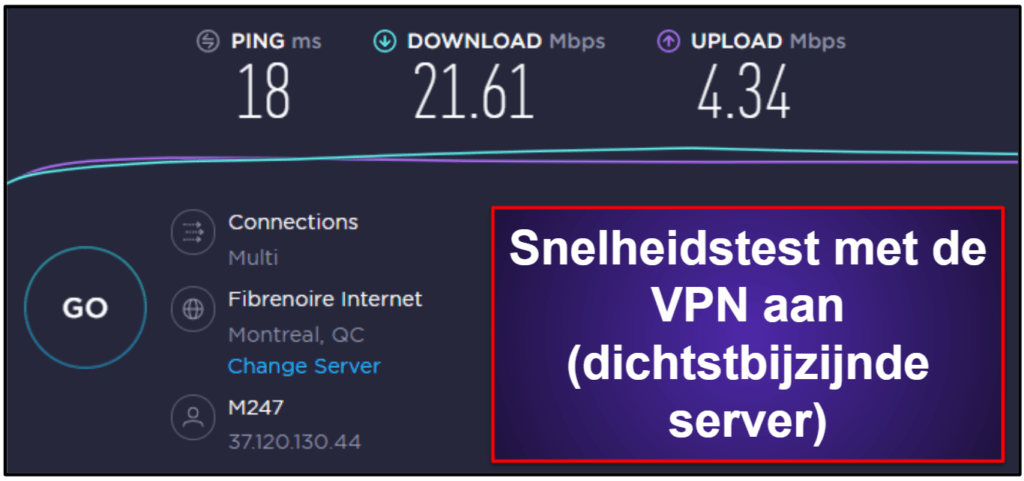

This way, both sides win – the VPN provider gets the data it can analyze to improve its service, and you get to keep your privacy. This is particularly true if the provider gathers it without identifying individual users. You wouldn’t want your VPN to collect any information about you, but the connection and service data don’t generally represent something you should lose sleep over. You can think of this as your browsing history. If you’ve visited a website, used a service, or searched for something, it will be here. This is a record of everything you’ve been up to online. This will show the device you used to connect to the VPN service, and it is possible for your location to be pinpointed using it. The IP address is a unique string of numbers that identifies a device. This will show when you started using the VPN service, when you stopped, and will also show your data usage. It also keeps track of the servers you’ve accessed. This data will show which version of the app you have installed and on which operating system. Some of this information isn’t really relevant, but there is data here that you wouldn’t want getting out. The exact amount of data collected in this manner can vary and will depend on the individual provider.įurthermore, this data can generally be categorized under one of four categories.

This purpose is to ensure the servers run smoothly and to stop unsavory individuals from abusing the services. But, VPN providers do need to store some data, and these logs serve an important purpose. Meaning, you might expect them to keep no records of what you do online. One of the main purposes of a VPN is to stop third parties from gathering data about you, so you’d think this would start with the provider.


What does “logging policy” signify and what makes it relevant? We’ll explain what each one is, why it matters, and the way XZY addresses it. What elements concerning privacy and security do we test for? However, NordVPN has browser extensions for Chrome and Firefox to solve this, BullGuard does not. As BullGuard uses NordVPN’s servers this might be true for BullGuard’s servers too. The Bad: AV-Test uncovered a WebRTC leak in NordVPN’s servers in November 2018. It supports the fast and secure OpenVPN protocol, the most secure AES-256 encryption standard, uses its own DNS servers and features a kill switch. It has a clear zero-log policy and doesn’t track your online activity. The Good: BullGuard’s VPN uses the technology of NordVPN, which is widely regarded as a VPN with high levels of privacy and security. Servers in 16 countries: Although it covers most key regions and 4 continents, 16 countries isn’t a lot.Consider buying NordVPN: BullGuard uses NordVPN’s technology, but offers less features at the same price.
#Bullgard for mac review full
Combine it with the VPN for the full security solution.


 0 kommentar(er)
0 kommentar(er)
